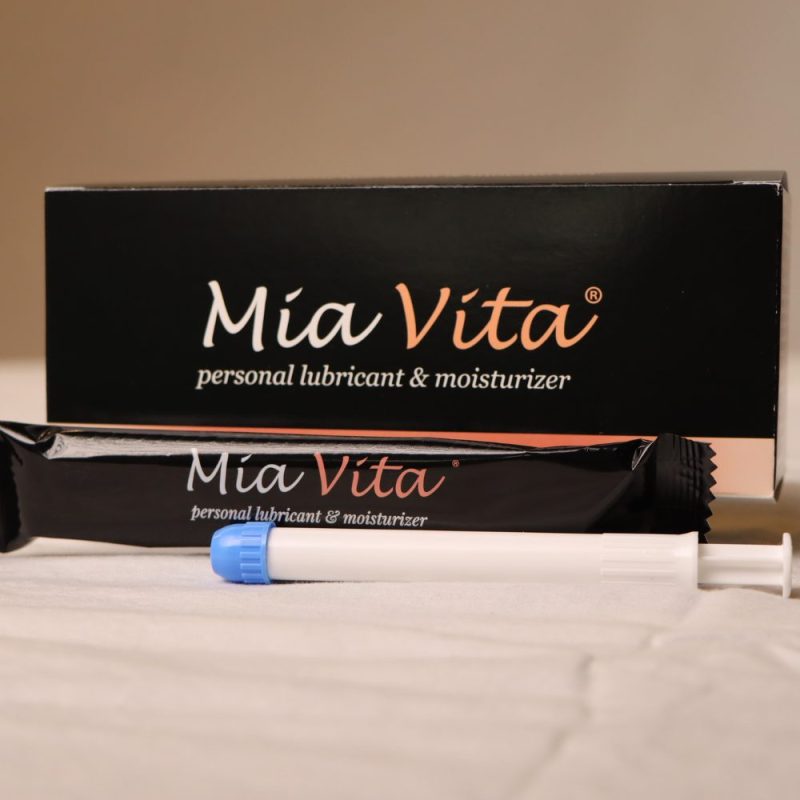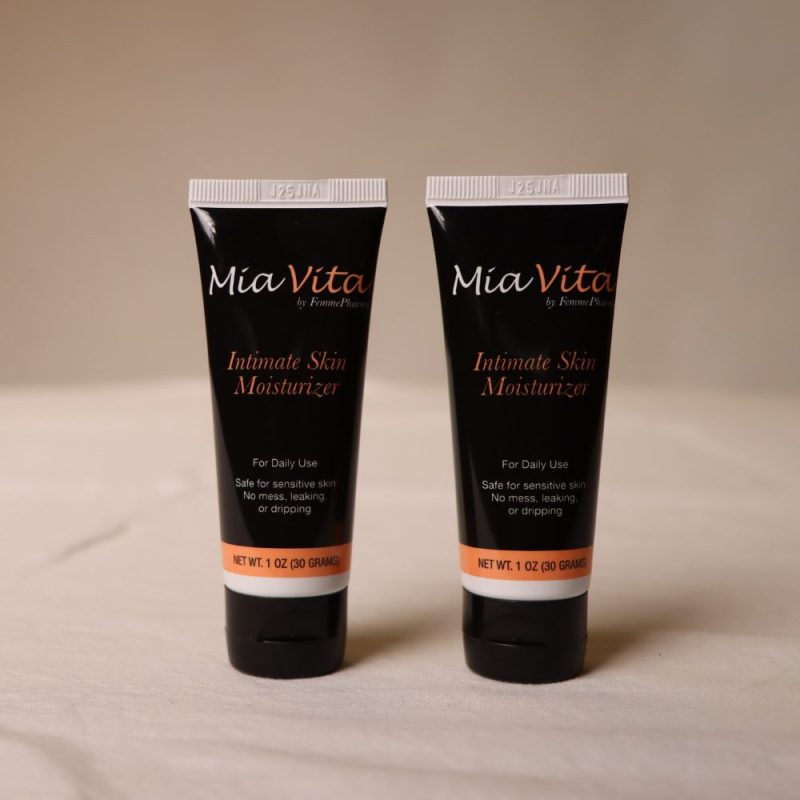What’s the number one cause of death among women? Heart disease. Maybe that’s a statistic you knew, or perhaps you’re learning it for the first time. We do not share this to alarm or hasten a call to your healthcare provider. Rather, we aim to raise awareness and a general understanding of how our heart health can change, especially through the menopause transition.
Women’s heart health remains understudied, yet its symptoms differ from men’s, and risks for heart problems do rise postmenopause. The more we know about our bodies, the better we can mitigate health risks, care for ourselves, and share vital health information with other women.
How your reproductive hormones influence your heart health
Estrogen, one of your primary reproductive hormones, protects your heart by helping your body create HDL, or “good” cholesterol.” It also prevents your arteries from becoming too stiff, allowing blood to flow throughout your body.
When you enter perimenopause and your reproductive hormones, including estrogen, fluctuate and decline, the transition can impact your heart health. Without sufficient estrogen, your arteries can stiffen, which can lead to hypertension (high blood pressure). Lower estrogen levels also mean LDL, or “bad” cholesterol levels can increase.
Studies demonstrate that the rate of heart disease among women increases after age 65, about ten years after men, “likely due to the lingering, positive effects of estrogen.” The age when a woman enters perimenopause may also contribute to the likelihood of developing heart problems postmenopause. For instance, women who enter perimenopause before turning 40 are more likely to experience heart problems before age 60 than women who enter perimenopause around 50.
What you need to know about the menopause transition and your heart health
Before we dive in, it’s important to know that menopause does not cause a woman to develop heart disease or heart problems. The menopause transition may increase a woman’s risk factor for heart problems in conjunction with genetic, social, economic, and environmental influences. Heart problems do not develop in a vacuum; the menopause transition is just one (though significant) factor.
We know that when estrogen declines, your body produces less “good” or HDL cholesterol, and “bad” or LDL cholesterol levels can rise. A healthcare provider can check your cholesterol levels via a blood test, but symptoms of high LDL tend to be internal, like clogged arteries. Plaque deposits (a buildup of cholesterol and fat) can stick to and clog your arteries, preventing blood from flowing as fast or freely. Studies confirm women postmenopause are more likely to experience a blockage or clogged arteries than premenopause. Symptoms of clogged arteries can include chest pain, trouble breathing, and unusual fatigue. However, some women do not show any physical symptoms.
The less room in your arteries your blood has to flow, the more pressure it exerts on your artery walls to move through your body. Hypertension can damage artery walls, decrease their flexibility, and contribute to heart problems. Like cholesterol, providers often can only diagnose hypertension by measuring and monitoring your blood pressure.
Postmenopausal women also tend to experience more weight gain, particularly around the middle. Interestingly, researchers found this is not due to age itself but “by ovarian aging associated with the last menstrual period.” While this weight gain can be normal, carrying more weight can increase your lipid (fat) profile, leading to higher LDL cholesterol and a greater risk for heart disease.
How to protect your heart health in postmenopause
If a lack of estrogen contributes to a higher risk of heart problems, would it not follow that more estrogen, often in the form of hormone replacement therapy (HRT), could be a good solution? While HRT does have its place, it can also contribute to heart problems (and stroke), especially in women with a genetic predisposition to or existing heart problems. Medical providers at Yale recommend HRT only in women under 60 “who are less than ten years into menopause and do not have heart disease.” However, it’s important to discuss your options with your healthcare provider to determine what’s best for you.
Since women may not experience obvious symptoms of heart problems, like hypertension, the best way to stay on top of your heart health is by regular checkups. Knowing your current blood pressure and cholesterol levels can help you and your provider monitor any changes and take action sooner rather than later.
It’s also vital to know the signs of possible cardiovascular events, like a heart attack, in women. For example, chest pain often tops the list of heart attack symptoms. But for women, heart attack symptoms can appear as nausea, dizziness, or heartburn and can be more subtle than in men. This lack of awareness can lead to a misdiagnosis or women who ignore these signs altogether.
Preventative lifestyle factors also contribute to your heart health. Maintaining a healthy heart requires regular physical activity (at least 150 minutes a week), according to the American Heart Association), a healthy, colorful diet, and sufficient sleep. Your provider may also make specific recommendations based on your measurements, such as foods to avoid and activities to pursue, like stress-reducing yoga exercises or lifting weights. Smoking and excess alcohol consumption can also harm your heart and are best minimized or cut out altogether.
Mindfulness exercises can also benefit your heart by reducing stress, another factor that can contribute to high blood pressure apart from menopause-specific changes. The more you take steps to adapt to a heart-healthy lifestyle, the more you can reduce your risk for heart disease postmenopause.
FemmePharma has been helping women navigate menopause for over two decades. No matter where you are in your journey, you deserve to have knowledgeable, intimate healthcare partners to help you feel your best. Explore our other articles, podcast episodes with women’s health experts, and products to ease your transition into menopause.



